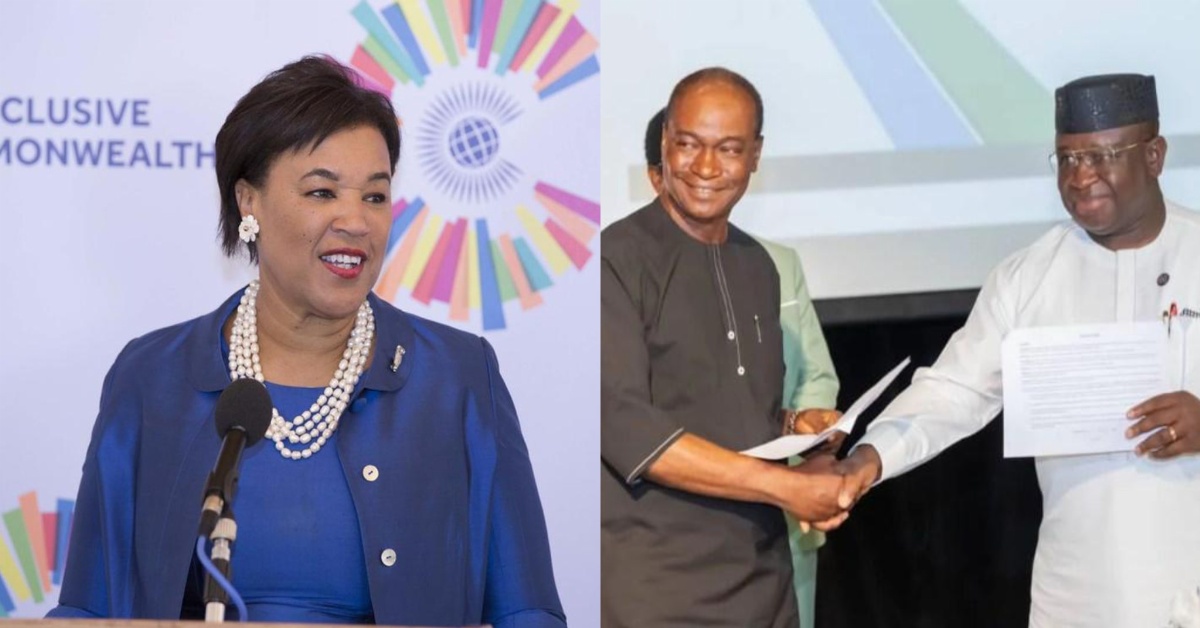Representatives from the Commonwealth of Nations are presently engaged in discussions with Sierra Leone's primary opposition party, the All People's Congress (APC), and the government with the aim of resolving the ongoing political deadlock in the country.
Sierra Leone's Independent Commission for Peace and National Cohesion (ICPNC) has made it public that the Commonwealth, the African Union, and ECOWAS will serve as mediators between the government and the APC to address the current political crisis in the nation.
The APC has raised objections to the results of the 2023 general elections, which secured President Julius Maada Bio of the Sierra Leone People's Party (SLPP) a second term in office. They assert that the election results lack transparency and have called upon the Electoral Commission for Sierra Leone (ECSL) to release results based on polling station data.
The ECSL has declined the APC's request, prompting the party to boycott government and governance activities. Recently, the ICPNC announced that President Bio has agreed to meet with APC leaders along with independent mediators in an effort to resolve the current deadlock.
However, some APC members have stated that the Commonwealth representatives are visiting Sierra Leone primarily for fact-finding purposes.
"It's important to emphasize that the Commonwealth of Nations' visit is not primarily focused on convening a dialogue between the APC and SLPP, but rather aims to gather comprehensive information about the June 24th election results," one pro-APC statement on social media noted.
In the meantime, the APC Secretariat has announced that they will be holding a meeting with representatives from the Commonwealth and the SLPP on Thursday, September 7.
The outcome of this meeting will likely shape Sierra Leone's political landscape for the next five years, leading up to the country's next scheduled elections.

